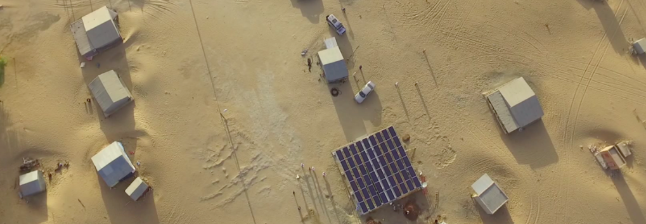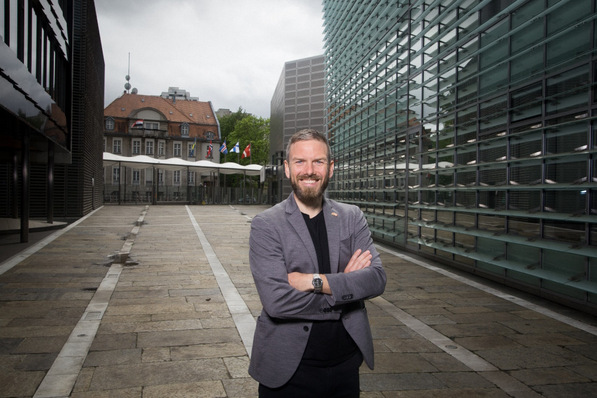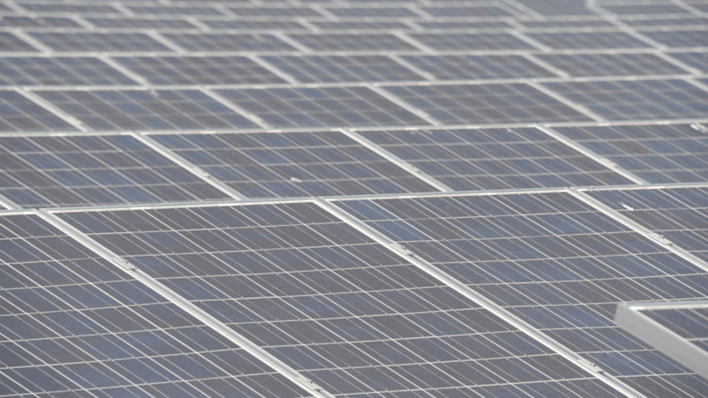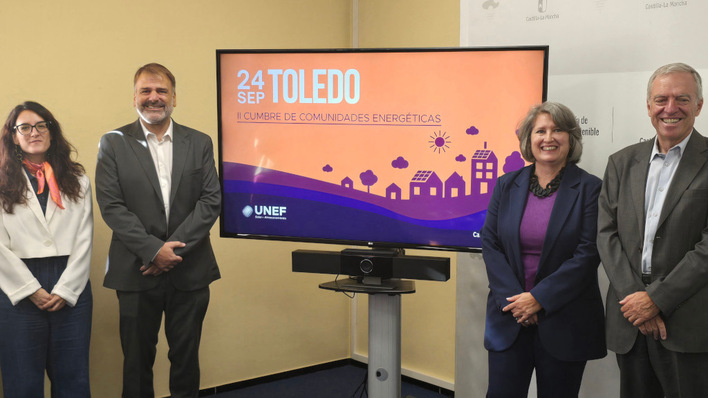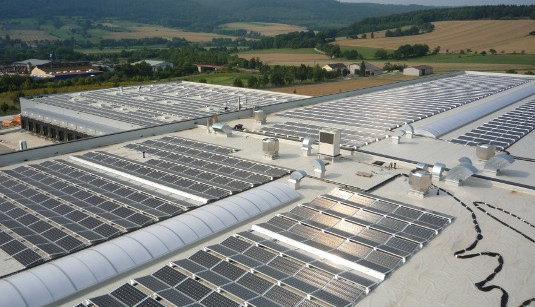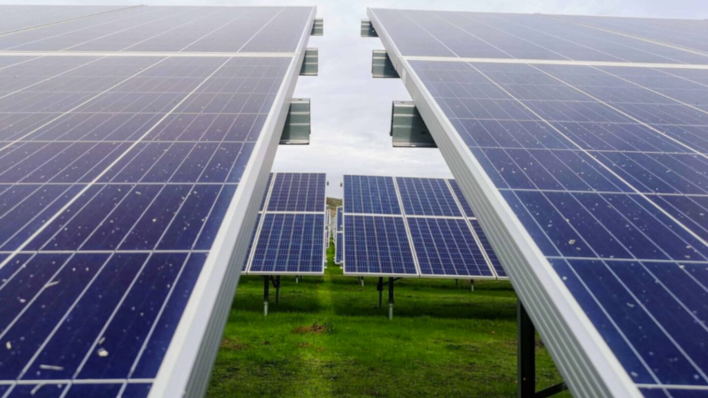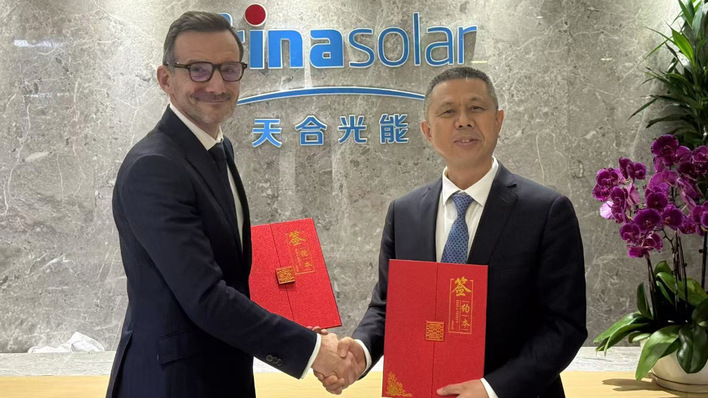The UK based off-grid renewable energy developer also announced the installation of its first RPU in the remote village of Nimjat, 150km South East of Nouakchott, the capital of Mauritania. In Nimjat, the first RPU produces sufficient electricity to power the school, the dispensary, the mosque, 20 houses and LED street lighting in the village. Furthermore, the RPU provides Nimjat with Wi-Fi access and a LED TV.
Containerized hybrid PV system
Winch Energy’s proprietary technology, the RPU, is a containerized hybrid solar PV solution equipped with battery storage, designed for 24x7 power delivery in off-grid locations. It is robust, durable, secure, produces zero emission of greenhouse gas or air pollutants, and is silent. The RPU is a rugged solution with a life expectancy of 30+ years, requiring limited maintenance and servicing, thanks to the absence of moving parts, remote monitoring and fault detection.
Partnership with Computer Aid to provide schools
The RPU benefits for local populations are multiple. Out of the 3,5 million population, only 100,000 Mauritanians have access to Internet, the lowest rate on the continent. Winch has partnered with Computer Aid in order to provide the local school with computers and access to the Internet. Thanks to LED lighting, children and villagers will be able to study at night and socialize.
Cooling for vaccines and medicines
The RPU will also have tremendous benefits with regards to health: the dispensary will be able to store vaccines and medicines in a fridge, LED lighting will improve safety at night, and Wi-Fi access will allow doctors and nurses to communicate with healthcare facilities in Nouakchott to better understand and treat medical conditions in the remote village. The RPU will also provide at least 50% of its electricity to promote local business and thus distinguishes it from the traditional solar kits, which are currently being sold in Africa.
Boost local development
Lastly, the economic impacts shall boost local development and energy independence. The installation, operation and maintenance of the RPU will create local jobs and enable transfer of skills to the local population. In addition, solar power will replace some of the coal and kerosene used for lighting and cooking with cheaper and cleaner energy, thus reducing population’s exposure to toxic fumes. Today in Africa $10.5 billion per year is spent on kerosene lighting alone. (HCN)
Related news:
https://www.pveurope.eu/e-mobility/phocos-solar-charge-controllers-can-increase-output-30-percent


